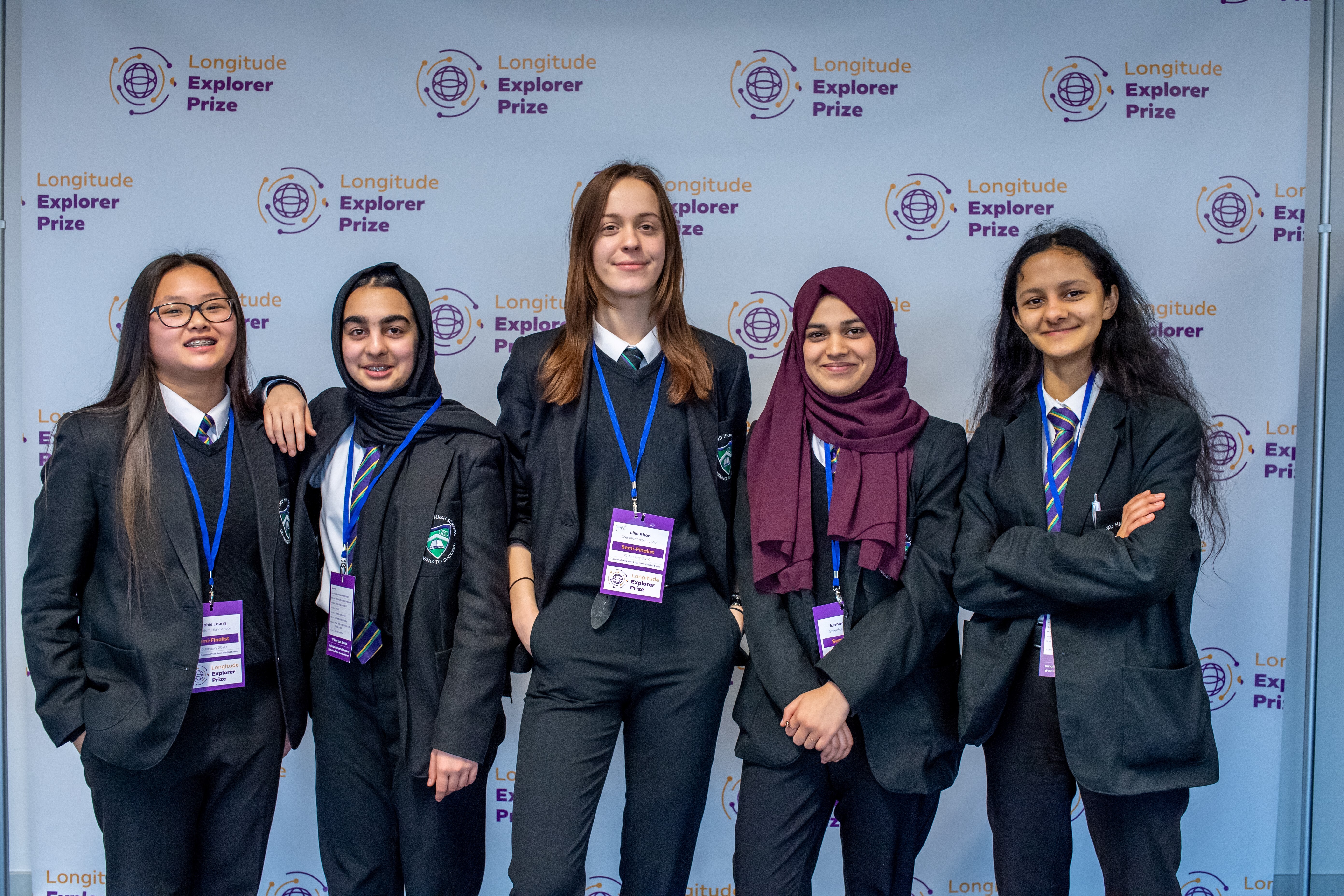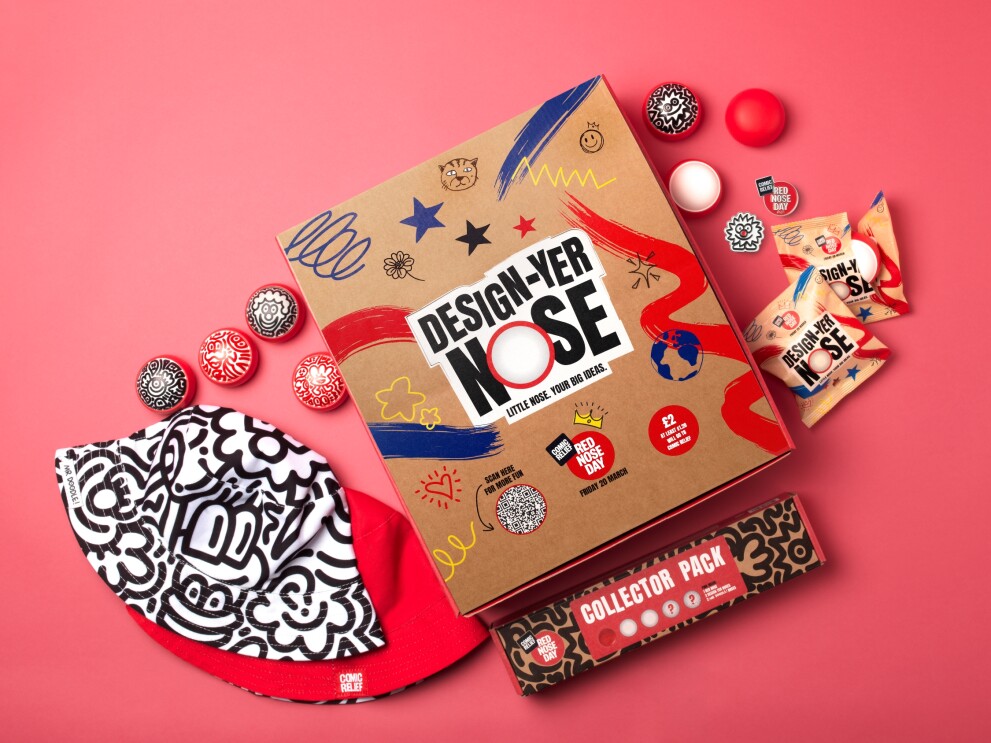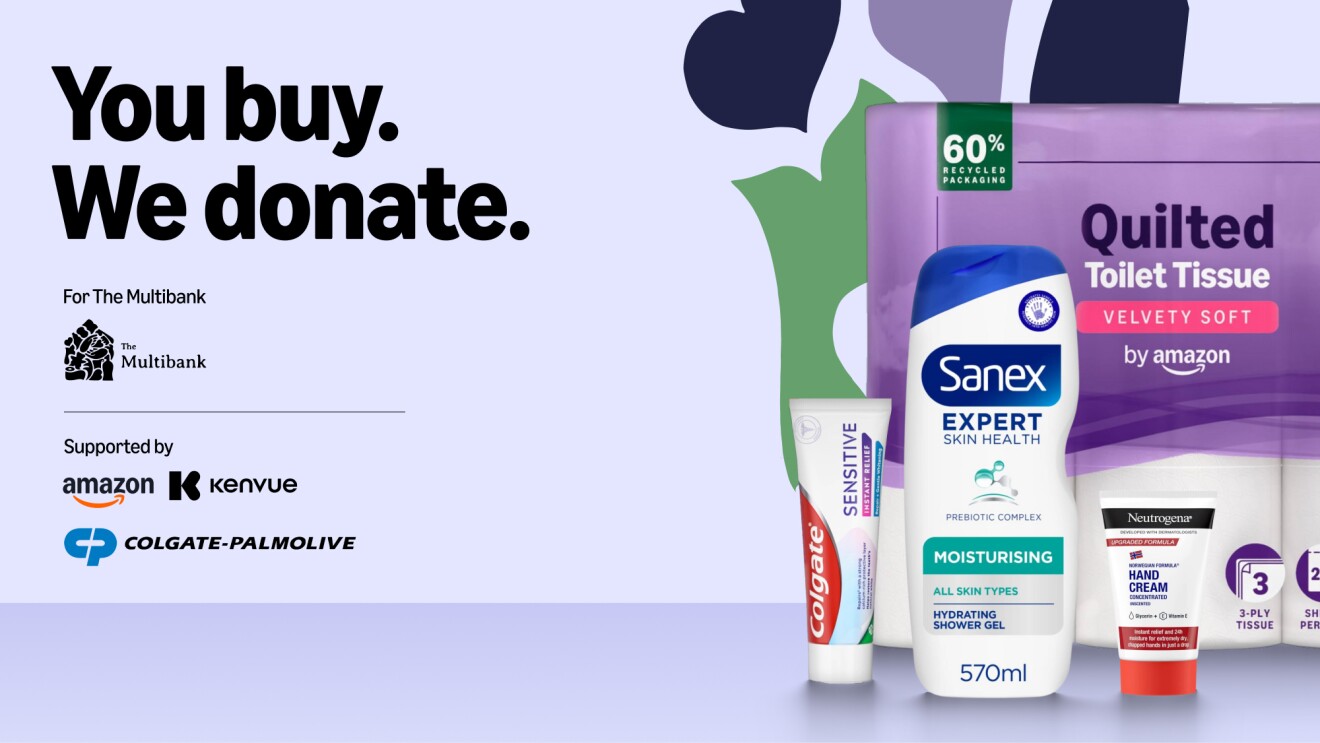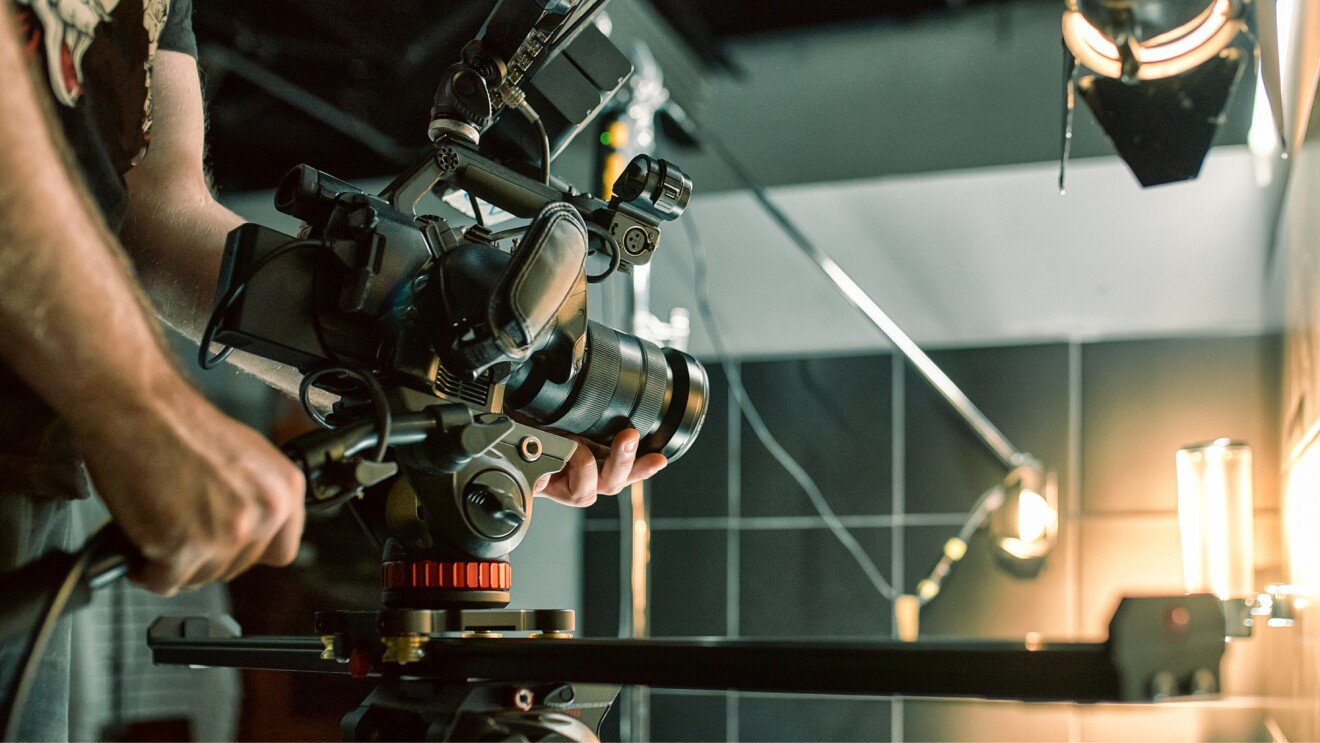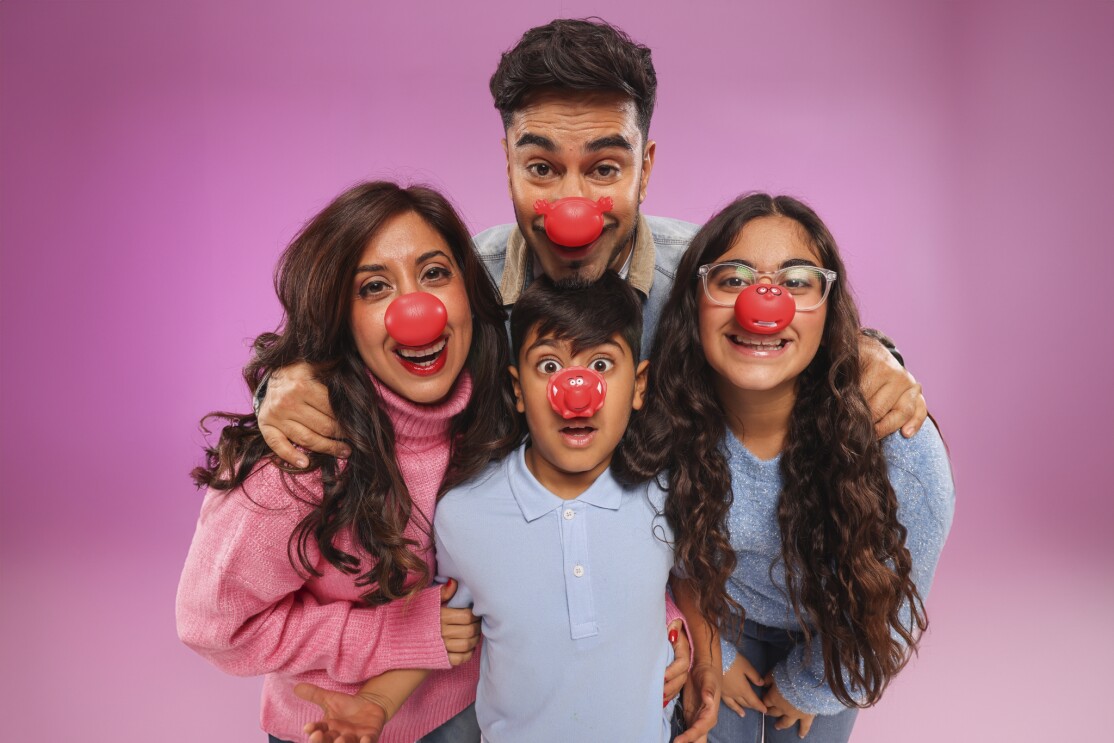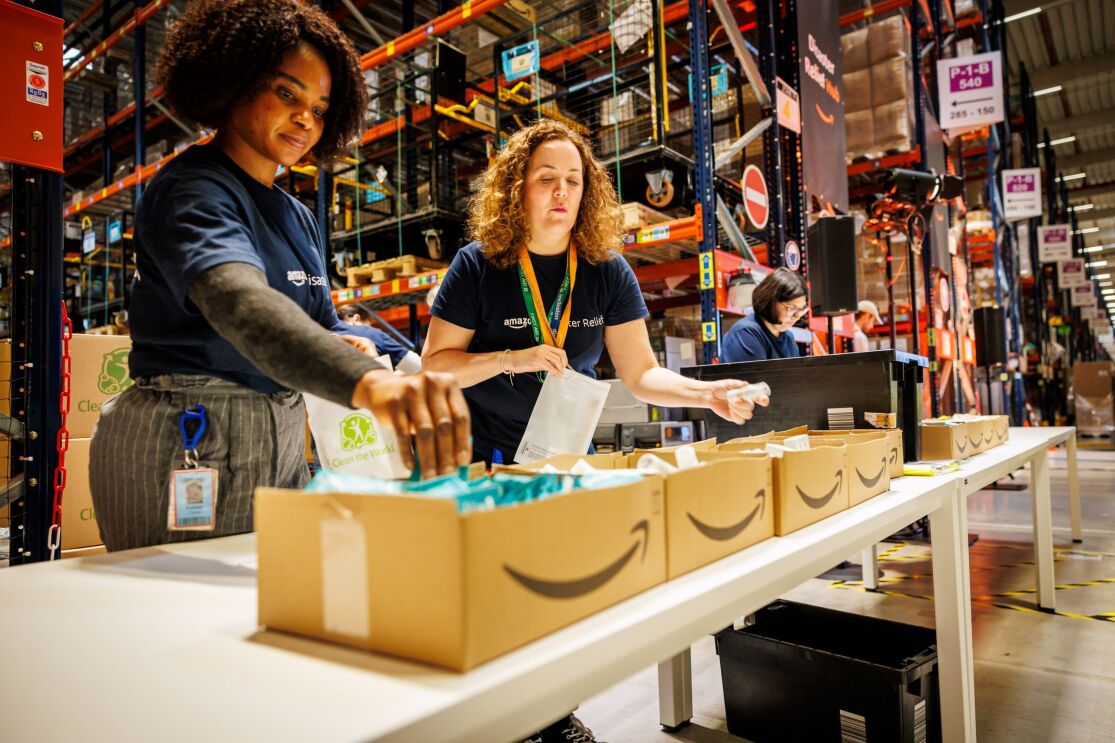The Amazon Longitude Explorer Prize, delivered by Nesta Challenges, invites teams of young people aged 11-16 to design and develop technological innovations for social good. The competition fosters an entrepreneurial spirit amongst young people, encouraging them to nurture their interest in science, technology, engineering and maths (STEM).
Inspiring, educating and enabling young people from all backgrounds to develop real innovations is a vital step in solving some of society’s biggest challenges. The Prize encourages students to approach problems with a new perspective. Previous winners prove that young minds are brilliant at doing this.
This is something we can talk to future employers about, to show what we can contribute.
Team ADOA, Longitude Explorer Prize runners-up
The grants provided to the winning schools and youth groups help them continue to support students to develop their STEM and innovation skills. The winning team of the Amazon Longitude Explorer Prize 2021 will gain £20,000 for their school or youth group, with £5,000 available for three runner-up teams.
Let’s take a look at some past winners’ ideas to inspire this year’s contestants before entries close.
TOMODACHI Smart Watch – Greenford High School
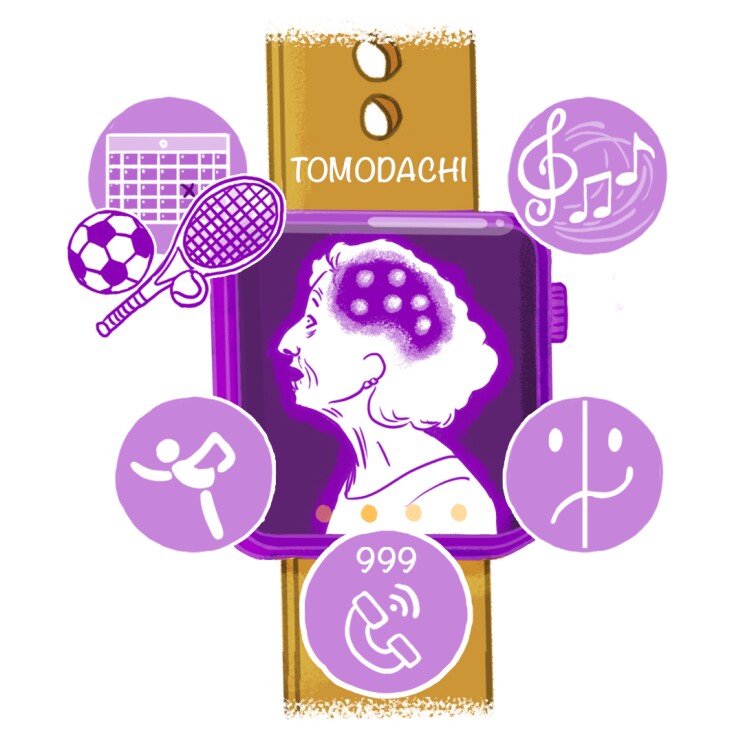 Image from Nesta Challenges
Image from Nesta ChallengesLast year’s winner was Team Iscort, an all-girl team from Greenford High school, winning £25,000 for their school as well as individual prizes.
Their idea, TOMODACHI, is a smartwatch app that operates as a personal assistant to support people as they grow older. The judges chose this idea as the winner due to the high standard of research and detail put into the challenge, describing their work as “outstanding”.
Judges also said that teamwork was clear in the entry, and that the team clearly showed judges how it was an issue close to their hearts.
On winning last year’s challenge, Team Iscort said: “An unforgettable experience that we’ll all have for the rest of our lives.”
Ocu-helper – St James’ Catholic High School
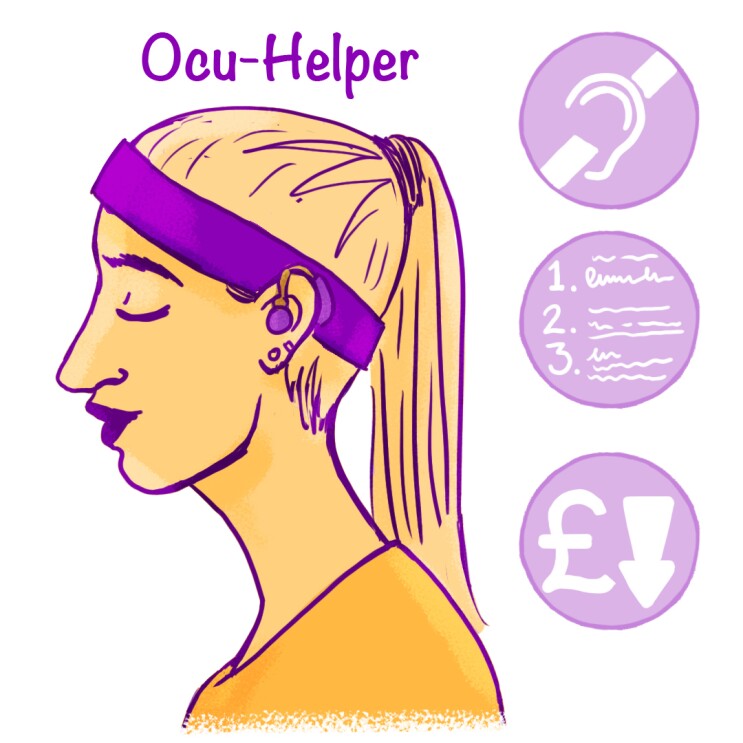 Image from Nesta Challenges
Image from Nesta ChallengesTeam iMedia from St James Catholic High School won £10,000 for their school, plus individual prizes.
Their idea uses spatial and visual AI to support those with visual impairments to navigate their surroundings more safely.
Their idea uses spatial and visual AI to support those with visual impairments to navigate their surroundings more safely.
Ocu-helper was chosen as a runner up by the judges as they felt this was a complex and big idea where the team had really delved into the research and design.
Team iMedia were delighted to win the runner-up prize: “All the hard work we put in paid off. Winning has made us feel more confident in our idea and our abilities to develop an idea like this.”
Freewheelers – Pilton Community College
Team ADOA from Pilton Community College won £10,000 for their school, plus individual prizes.
 Image from Nesta Challenges
Image from Nesta ChallengesTheir idea is an app which creates more accessible routes for those who may need help to avoid these due to mobility issues – helping people avoid difficult terrains, gradients, steps and obstacles.
Freewheelers was chosen as a runner-up as the idea impressed judges with its clear presentation and use of different applications of Artificial Intelligence.
Team ADAO said: “It’s just such a big achievement as we haven’t really done something like this before. This is something we can talk to future employers about, to show what we can contribute.”
Ocean Cleanup – Walton Priory Middle School
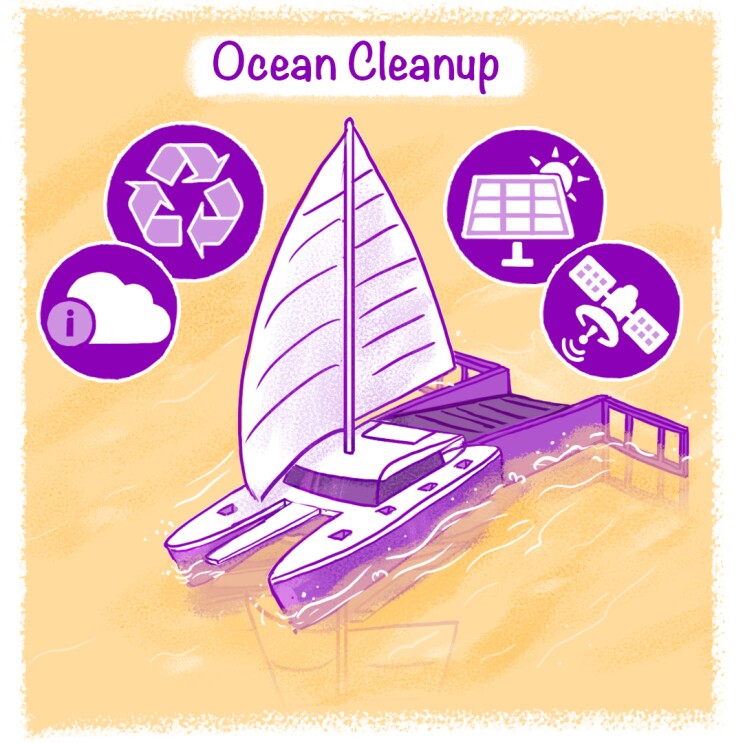 Image from Nesta Challenges
Image from Nesta ChallengesTeam Walton S-AI-lors from Walton Priory Middle School won £10,000 for their school, as well as individual prizes.
Ocean Cleanup was chosen as the final runner-up in 2019 as the judges felt that the idea had the potential to have a significant impact on an important problem area and made use of innovative technology.
Team Walton S-AI-lors said: “Being a runner-up means people can now see what we’ve achieved, it actually means something and shows how we can help to solve a problem.”
Theo The Therapy Dog – Gowerton School
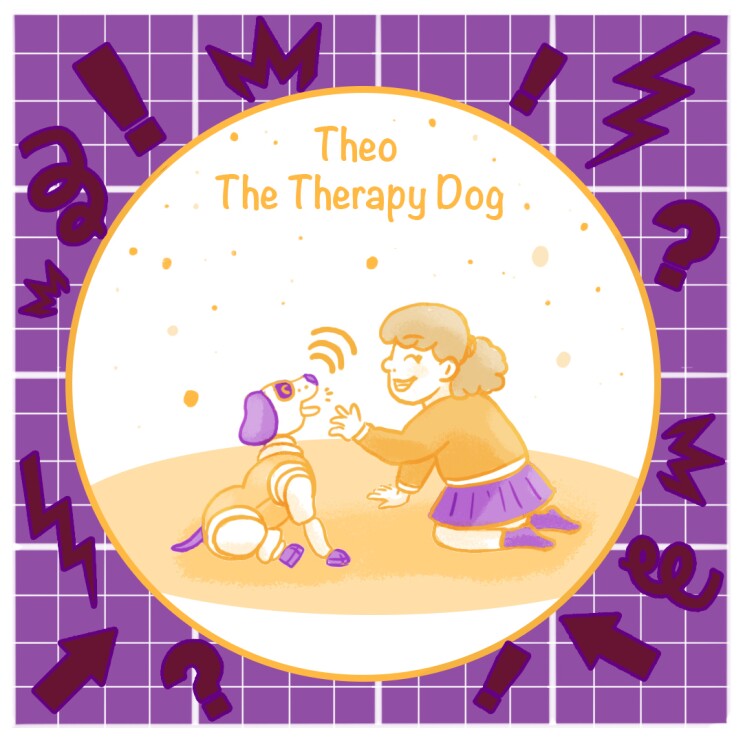 Image from Nesta Challenges
Image from Nesta ChallengesTeam Gowerton from Gowerton School won their school £5,000 as the people’s choice winner, alongside individual prizes and access to the Senior Adventures in AI course kindly donated by Fire Tech.
Team Gowerton designed an AI Therapy Dog to support children with autism. Their idea won over 13,000 votes from the public to be crowned as their winner.
Team Gowerton commented, “It’s amazing to think how many complete strangers voted for our idea, we can now strive forward with the support from the public.”
What are judges looking for this year?
Maddy Kavanagh, Programme Manager at Nesta Challenges explains that a brilliant entry can be simple – you don’t need to have all the details figured, sometimes it’s just a great idea with potential.
“We’re looking for great ideas that can make the world a better place,” she says. “At this initial stage of the competition, we are looking for what your idea is, how you worked as a team to come up with your idea and some initial thinking of how you would turn the idea into reality.”
Maddy adds: “This doesn’t need to be full of detail and you don’t need to have figured it all out. Right now, we’re looking for ideas with potential, ideas that we can help you develop in the finalist stage.”
Maddy also points to Nesta’s simple hints and tips to help teams get started and how they can make their application stand out.
What are this year’s themes?
Your idea needs to use technology in some way, and should fit into one of four themes:
- Living Longer
- Living Better
- Living Greener
- Living Together
There are plenty of solutions needed for each of these themes, so contestants shouldn’t be afraid to get creative with their thinking!
The deadline for entries is Friday 12th February at 5pm.
To find out more and apply, visit Amazon Longitude Explorer.
